Bees have long been celebrated for their role in pollination and honey production, but their contributions to science and security are far more profound than most people realize. These tiny creatures have an extraordinary sense of smell, which has captivated scientists and led to groundbreaking discoveries in bomb and drug detection. As unconventional as it might sound, bees are being trained to sniff out explosives and narcotics, showcasing their unexpected role as silent defenders. This article delves into the fascinating world of bees and their remarkable abilities, revealing how they have become unexpected heroes in the fight against crime and terrorism.
Harnessing the Power of the Bee’s Nose
Bees have an unparalleled olfactory system, making them experts at detecting specific scents. Their sense of smell is so acute that they can pick up on floral scents from miles away, helping them locate flowers. Scientists have harnessed this ability by training bees to associate certain smells with rewards. This is done by exposing them to the scent of explosives or drugs while simultaneously providing sugar water as a treat. Over time, the bees learn to stick out their tongues, known as proboscis extension reflex, when they detect the target scent, signaling the presence of explosives or drugs.
From Flowers to Fieldwork

The transition from pollination to fieldwork for bees is a fascinating one. In controlled environments, scientists have been able to train bees to recognize specific scents associated with threats. By using a small chamber where bees are exposed to different odors, researchers can determine how reliably bees can detect these scents. Despite being significantly smaller than dogs, bees can be trained in a fraction of the time and can cover larger areas more efficiently. This makes them invaluable assets in scenarios where speed and accuracy are critical.
Bees Versus Dogs: A Surprising Comparison
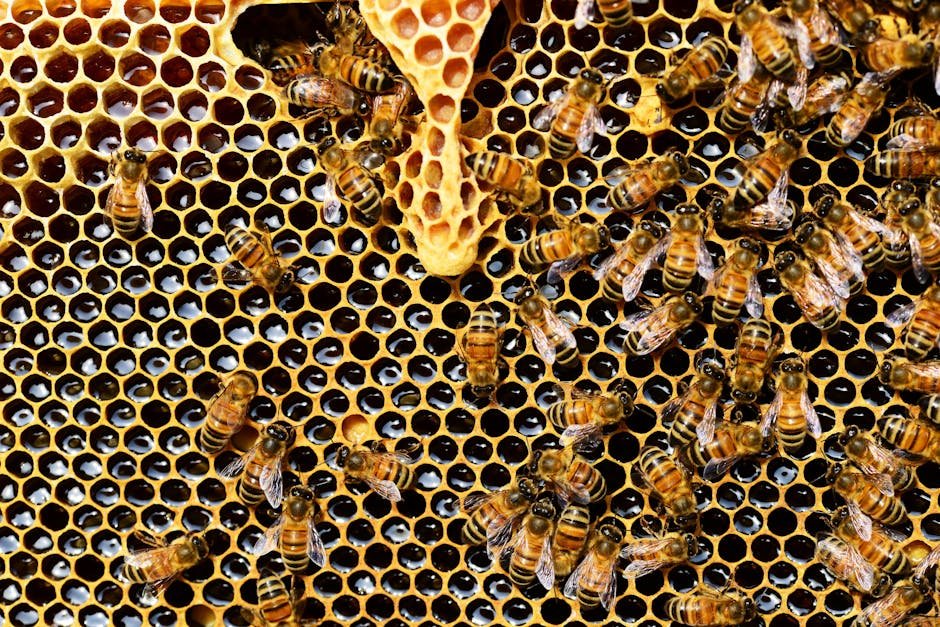
When it comes to detecting explosives and drugs, dogs have traditionally been man’s best friend. However, bees offer unique advantages over their canine counterparts. Unlike dogs, bees do not require extensive training periods or high maintenance. They are also less likely to tire, allowing for longer periods of work. Furthermore, bees can be deployed in swarms, covering vast areas in a short amount of time. This efficiency, combined with their minimal upkeep, makes bees a cost-effective alternative in detection efforts.
The Science Behind Bee Detection
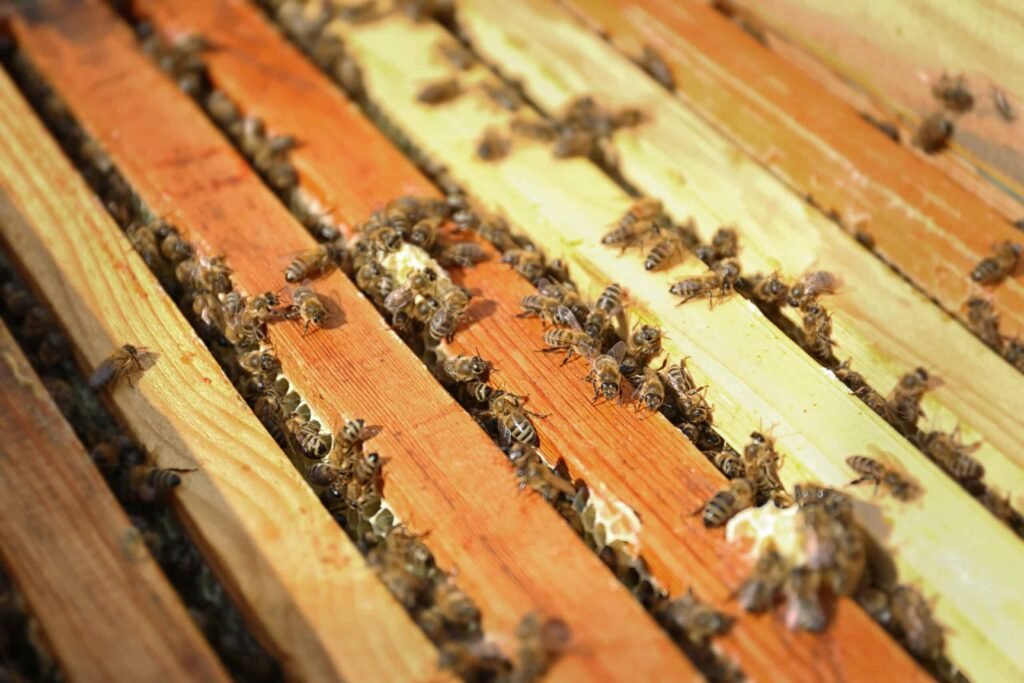
The science behind using bees for detection is rooted in their biology. Bees have around 170 odor receptors, which is significantly higher than many other insects. This allows them to differentiate between a wide range of smells with exquisite precision. When trained, bees are capable of detecting odors in parts per trillion, making them extremely sensitive to minute quantities of substances. This sensitivity is particularly useful in detecting hidden explosives or drugs that might otherwise go unnoticed.
Real-World Applications and Success Stories
Bees have been successfully deployed in various real-world situations to detect explosives and drugs. In some military operations, bees have been used to locate landmines, saving lives and preventing injuries. Additionally, law enforcement agencies have utilized bees in drug detection efforts, particularly in areas where traditional methods may be too costly or impractical. These success stories underscore the potential of bees as a reliable resource in security and law enforcement.
Challenges and Considerations in Bee Training
While the potential of bees in detection efforts is promising, there are challenges to consider. Training bees requires controlled environments and expertise to ensure accuracy and reliability. Environmental factors, such as weather and availability of resources, can also impact their performance. Additionally, ethical considerations must be taken into account to ensure that bees are not harmed or exploited in these operations. Ongoing research aims to address these challenges, optimizing the use of bees in detection efforts while ensuring their welfare.
Innovations in Bee Technology
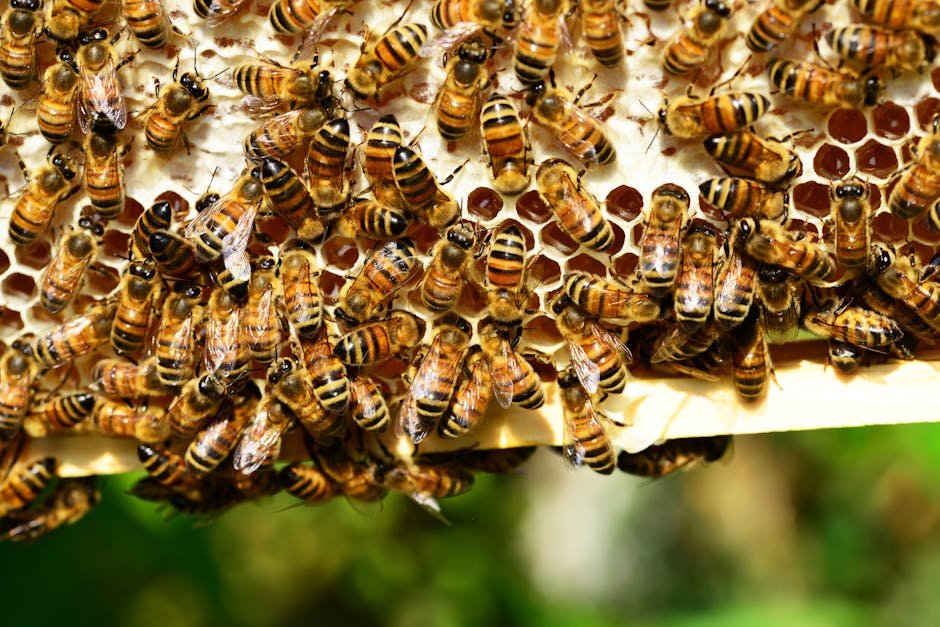
As technology advances, so too does the potential for integrating bees into detection systems. Researchers are exploring the use of microelectronics and sensors to enhance the capabilities of bees in detection tasks. By attaching tiny sensors to bees, scientists can track their movements and gather data in real-time, offering insights into their effectiveness and efficiency. These innovations open new possibilities for utilizing bees in diverse and challenging environments.
The Ethical Dimensions of Using Bees
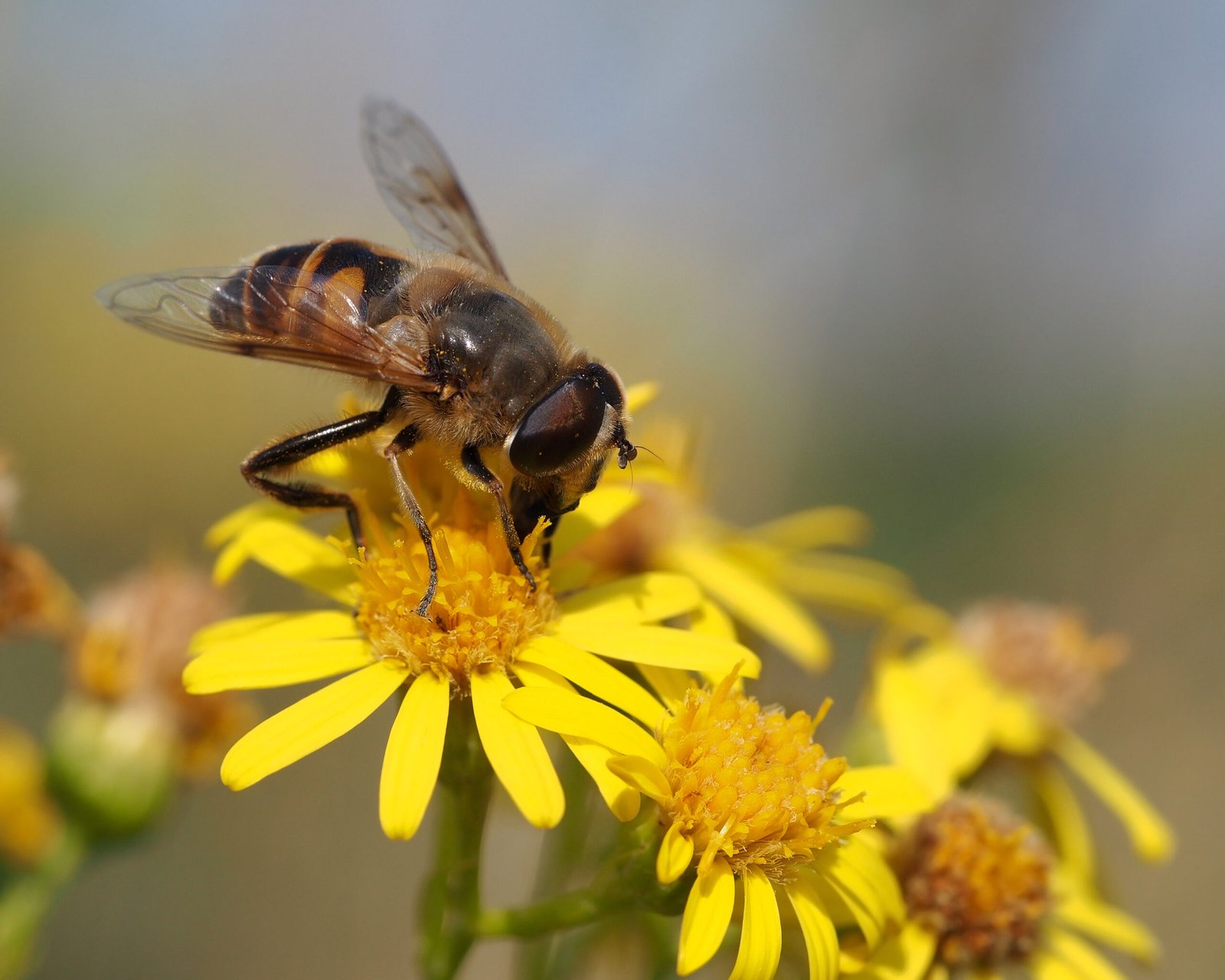
The use of bees in detection efforts raises important ethical questions. While their abilities are remarkable, it is crucial to consider the welfare of bees in these operations. Ensuring that bees are not harmed during training or deployment is paramount. Researchers are committed to developing humane practices that prioritize the well-being of bees, balancing their invaluable contributions with ethical treatment. This commitment underscores the importance of respecting and protecting these tiny yet mighty creatures.
The Future of Bee Detection
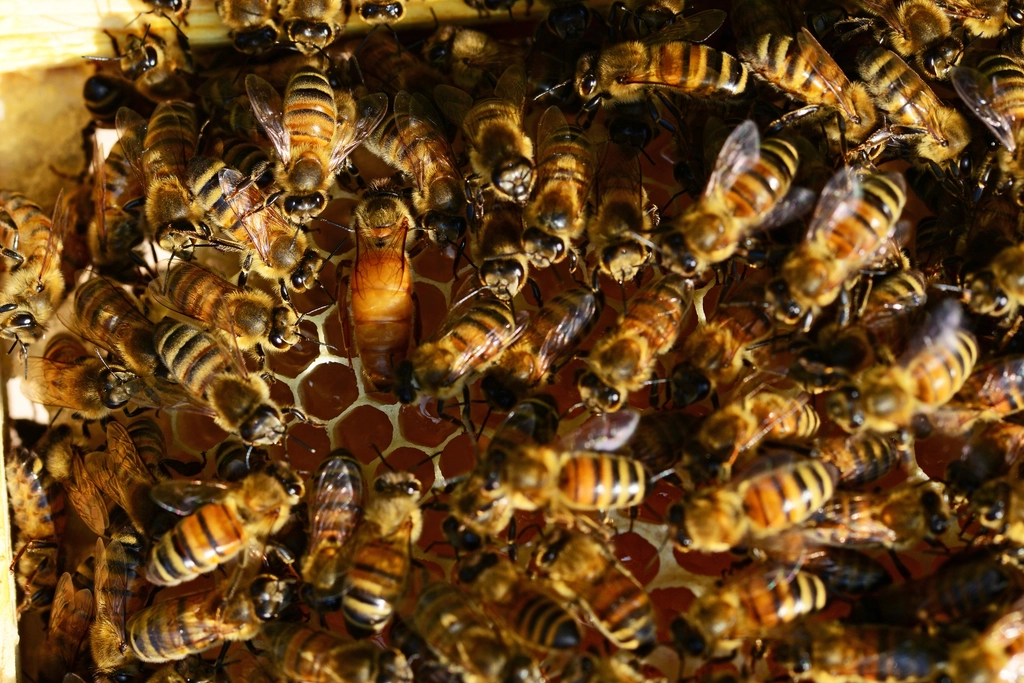
The future of bee detection is promising, with ongoing research and development paving the way for expanded applications. As scientists continue to refine training methods and explore new technologies, the role of bees in security and law enforcement is likely to grow. With their incredible sense of smell and adaptability, bees have the potential to revolutionize detection efforts, providing a sustainable and efficient solution to complex challenges. The unexpected heroes of science, bees, are poised to make a significant impact in the fight against crime and terrorism.
In conclusion, bees have emerged as unexpected yet invaluable allies in the fields of bomb and drug detection. Their extraordinary olfactory abilities, efficiency, and adaptability make them ideal candidates for these critical tasks. As research and technology continue to evolve, the role of bees in ensuring safety and security will likely expand, highlighting their importance as silent protectors in a complex world.




